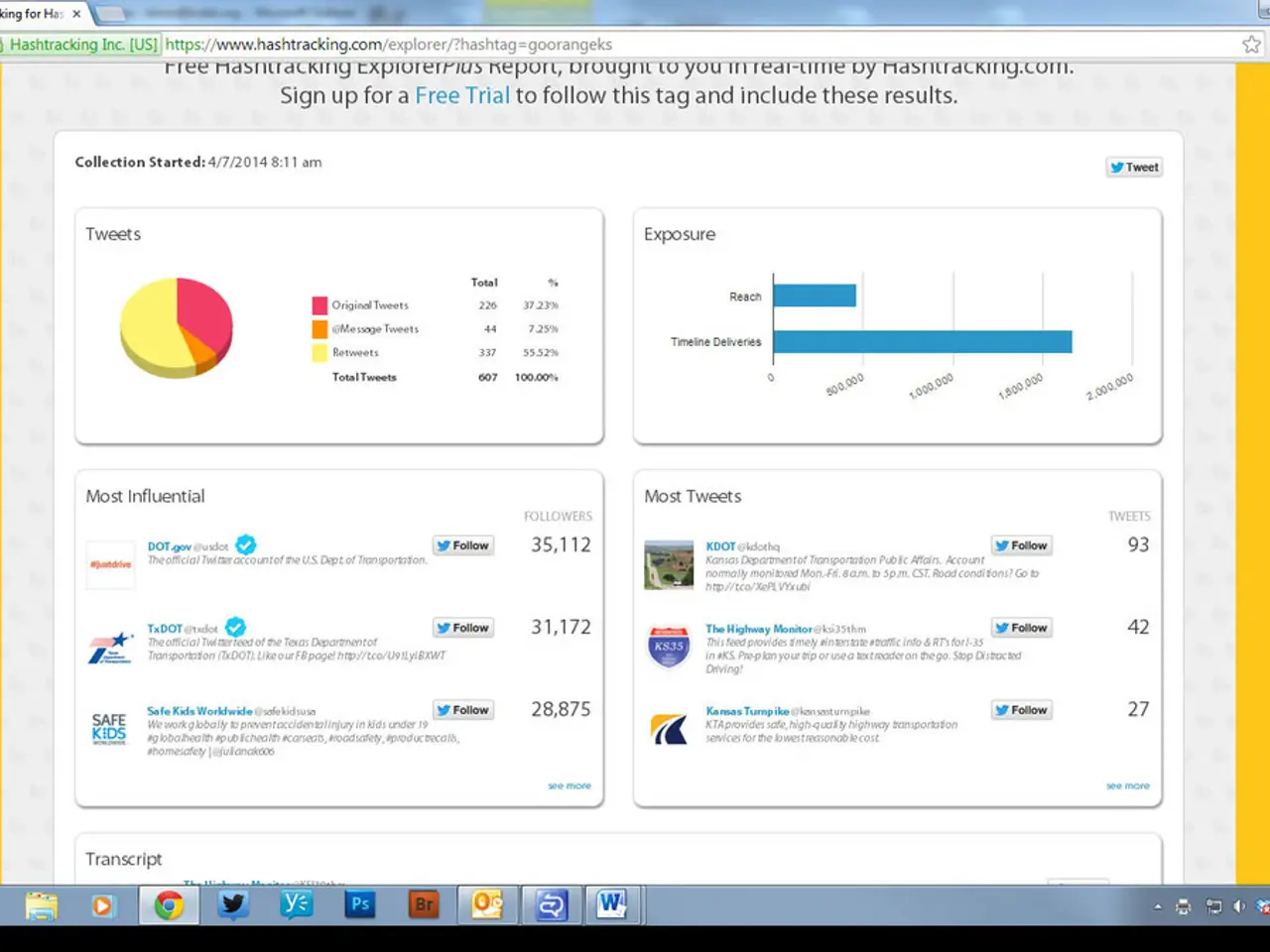Groundbreaking Advancement in Comparative Outcomes Studies Unveiled by Human Data Sciences
In the realm of drug development and regulatory decision-making, artificial intelligence (AI) and machine learning (ML) are making significant strides in streamlining and enhancing comparative outcomes studies. This transformation is particularly evident in the European Health Technology Assessment (HTA) context.
### AI-Powered Comparative Outcomes in Drug Development
Recent advancements include automated Real-World Evidence (RWE) extraction, efficient patient recruitment and trial design, automated data management and quality monitoring, and the capture and analysis of Patient-Reported Outcomes (PROs). These advancements aim to provide a more comprehensive and patient-centric approach to comparative assessments.
### Application in EU HTA Context
The European HTA framework places a strong emphasis on comparative effectiveness and cost-effectiveness. AI-driven technologies are directly supporting these initiatives by generating broader, more representative evidence, facilitating risk-based quality monitoring and master protocols, and enhancing the ability to engage with regulatory bodies.
### Challenges and Future Directions
While AI-driven automated comparative outcomes studies hold great promise, challenges remain, especially in the EU HTA context. These include data standardization and interoperability, ensuring bias and generalizability, achieving regulatory acceptance, and workforce training.
### Human Data Sciences' Innovation: The Livingstone Platform
Human Data Sciences (HDS), a company that brings together a team of data and research scientists to provide analysis of complex patient data for the life science industry, has recently launched an update to its real-world data analytics platform, Livingstone. This update enables simultaneous comparative outcomes studies across multiple endpoints.
The Livingstone platform uses high-quality real-world data, including anonymized UK patient records from the Clinical Practice Research Datalink (CPRD). It provides outputs for burden of illness, epidemiology, resource use, and cost modelling. Early adopters of Livingstone include major pharmaceutical manufacturers using the platform to support early market access planning, global HTA submissions, and comparative safety evaluations in various regions.
This new capability offers a rapid, automated, and scientifically rigorous solution for generating comparative evidence at scale. HDS is integrating a new LLM AI tool into its Livingstone platform to enable a wider group of pharmaceutical and research professionals to conduct automated studies.
This innovation has already allowed for feasibility assessments using CPRD data, burden of illness and epidemiological profiling, and resource utilisation and cost-of-care studies. The new functionality offers a radically improved evidence base that is fast, reproducible, and scientifically validated, suitable for Health Economics and Outcomes Research (HEOR) professionals and regulators.
In conclusion, the latest advancements in AI for automated comparative outcomes studies are transforming drug development and regulatory decision-making, particularly in the EU HTA context. AI enables more efficient, scalable, and patient-centric generation of comparative effectiveness evidence, supports real-time quality monitoring, and facilitates the integration of real-world and patient-reported outcomes into regulatory and HTA processes. However, realizing the full potential of these technologies requires continued investment in data infrastructure, workforce training, and cross-border regulatory harmonization.
- In the realm of digital health and health-and-wellness, the Livingstone platform developed by Human Data Sciences is leveraging AI and machine learning to automate comparative outcomes studies, aiding pharmaceutical manufacturers in areas such as early market access planning and global HTA submissions.
- Science and technology are playing crucial roles in the application of AI in the medical-conditions domain, as evidenced by the use of artificial intelligence in drug development, comparative outcomes studies, and the European Health Technology Assessment (HTA) context, aimed at providing a more comprehensive and patient-centric approach.
- Finances and business are intrinsically connected to the advancements in digital health, as AI-driven technology offers innovative solutions for various medical-conditions, enhancing the efficiency of patient recruitment, trial design, data management, and quality monitoring, ultimately reducing costs and increasing returns in the life science industry.




